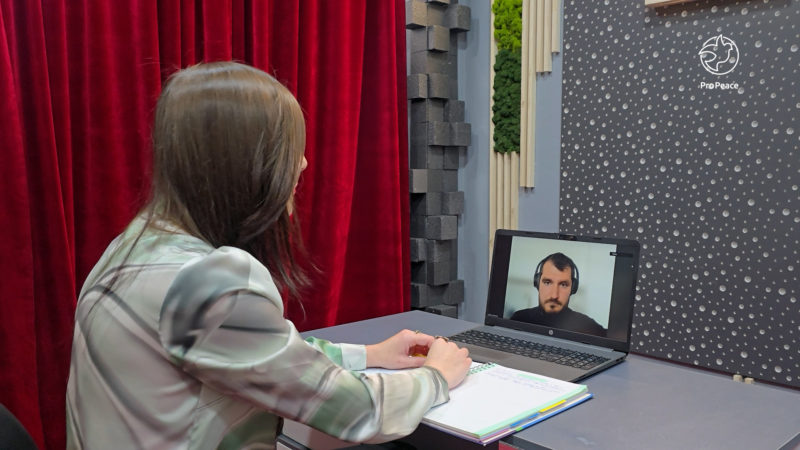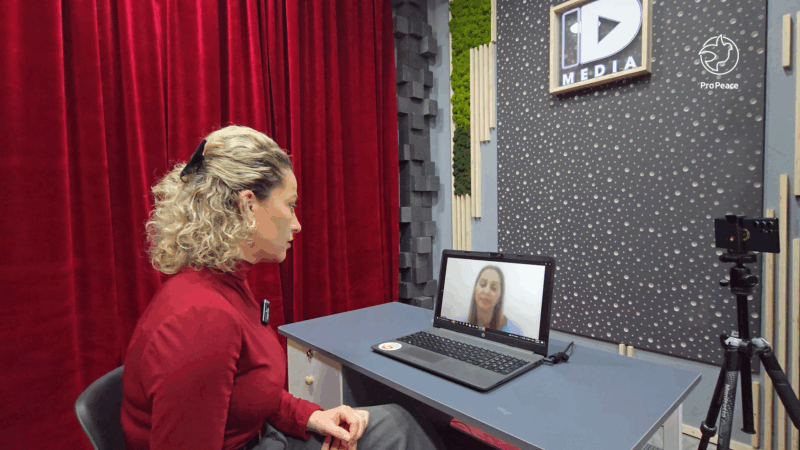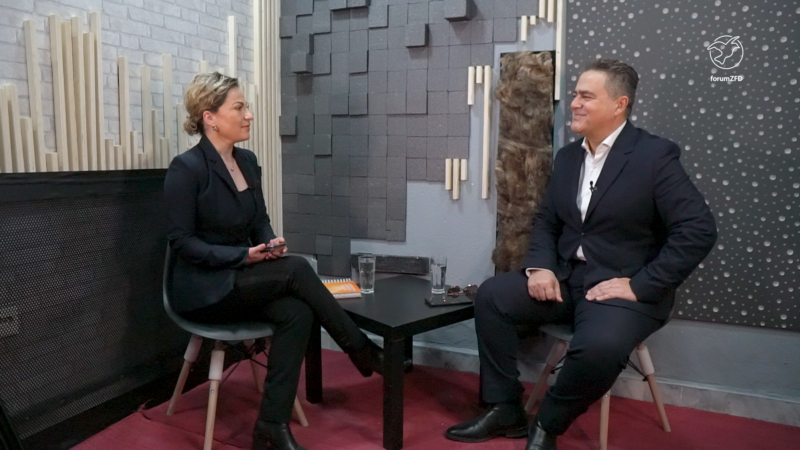In this episode of Transitional justice we talk about the protection of women in the post conflict period. The UN recognized the need to highlight the role and the position of women in the world after armed conflicts and adopted the Resolution 1325. This Resolution urges all actors to increase the participation of women and incorporate gender perspectives in all UN peace and security efforts. Our interlocutor for this topic is Professor Lidija Georgieva from the Faculty of Philosophy. We asked The Professor Georgieva what is done after the adoption of this Resolution, especially in the Balkan countries?
You Might also like
-
THE TESTIMONIES OF THE VICTIMS ARE AN IMPORTANT BASE FOR BUILDING BRIDGES AFTER 2001
In this episode of Transitional justice we open the topic of memorization and commemoration after the armed conflict. We invited Naum Trajanovski – a PhD from the University in Poland and a sociology researcher who was previously researching these topics. We talked about the importance of the memorization and commemoration after the conflict in Macedonia in 2001.
Post Views: 656 -
Facing the Past: Healing and Reconciliation in the Balkans
The Balkans remain a region marked by a painful history of wars, conflicts, and ethnic divisions. In this conversation, we explored the psychological and social consequences of these events, and how societies can or should engage with their past to build a peaceful future. We discussed transitional justice, the importance of remembrance versus intentional forgetting, the role of forgiveness, and the challenges of interethnic dialogue. Questions were raised about how communities can heal, how individuals confront trauma, and whether reconciliation efforts—both local and international—can foster trust and collective identity after conflict.
Post Views: 732 -
Transitional justice and the Hague cases
In the second episode of the “Balkan Perspective” podcast, we discuss the role of international courts in restoring peace in the Balkans after the conflicts of the 1990s. What impact have these institutions had in addressing war crimes and building trust among citizens? Are these courts perceived as a mechanism of justice by the affected communities?
Special attention is given to North Macedonia, analyzing the level of peace and inter-ethnic relations following the 2001 conflict. Our guest is Imer Selmani, a prominent political figure who has held significant positions throughout his career and has been a witness to key developments in the country.
Post Views: 856





